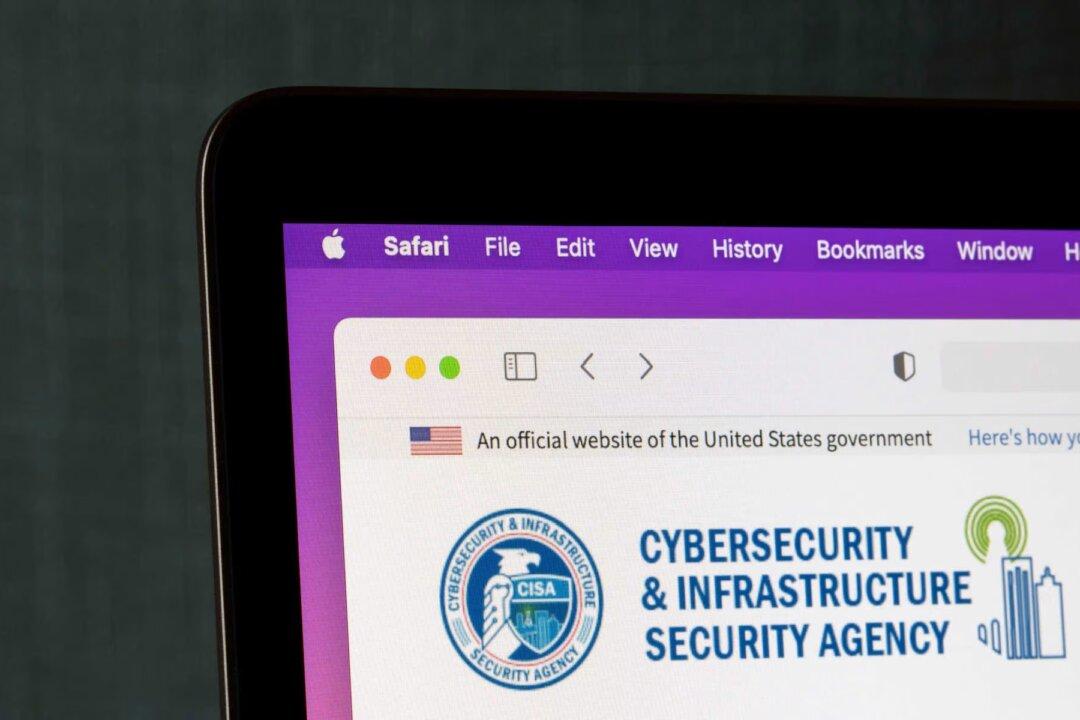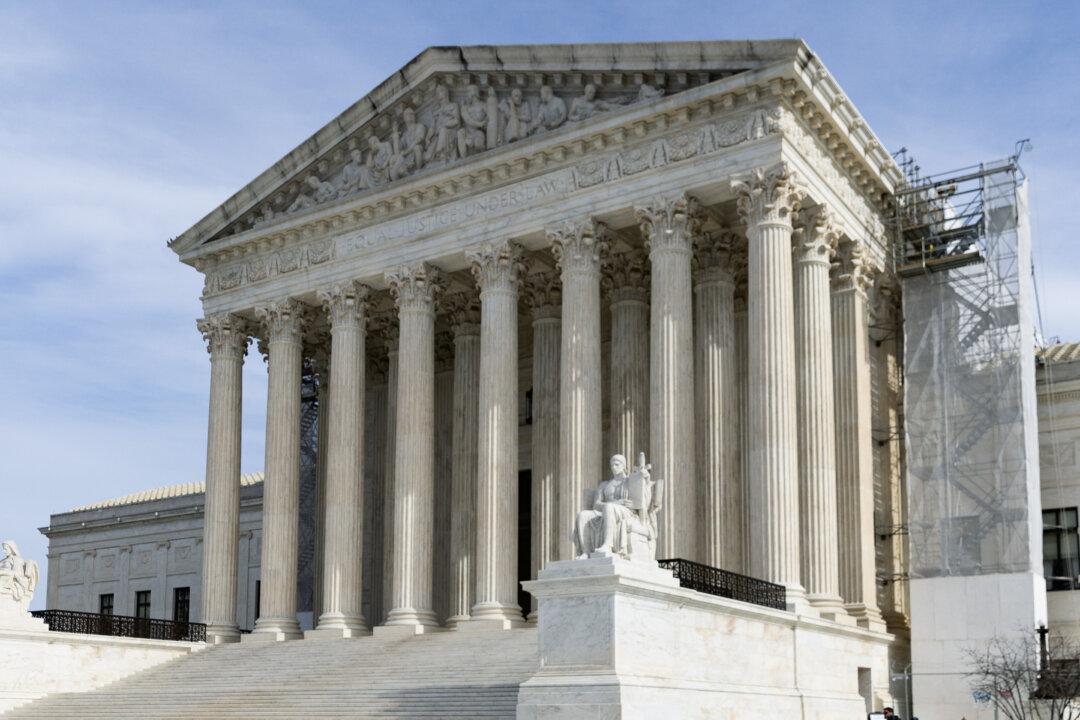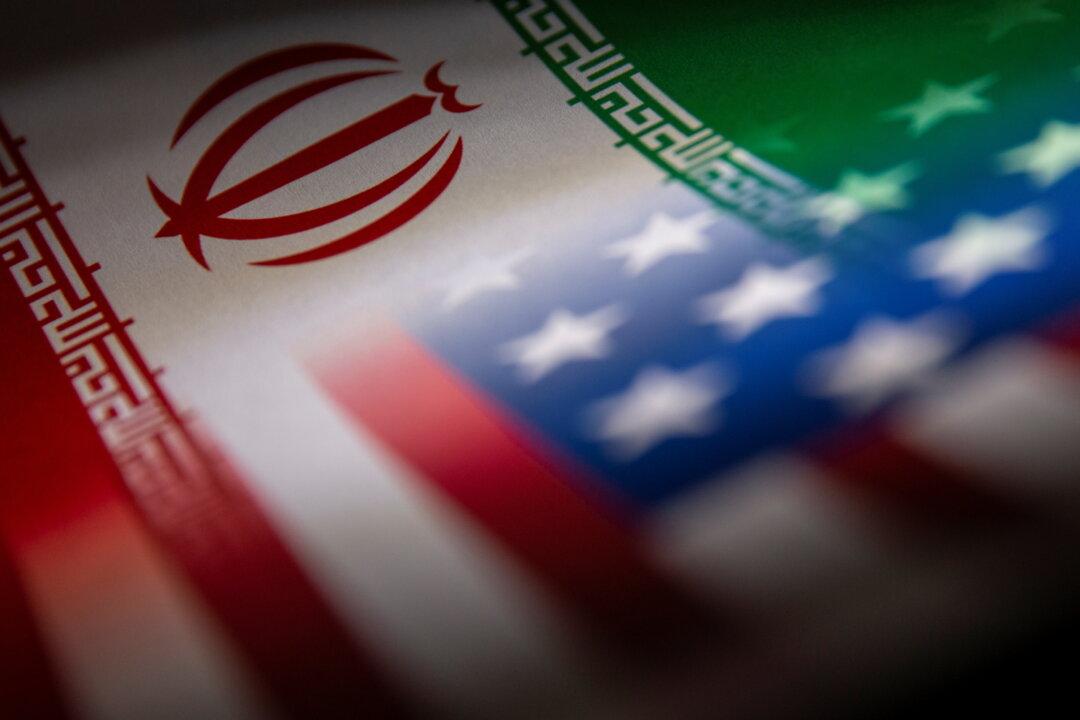Commentary

The homepage of the CISA website in a file photo. The Cybersecurity and Infrastructure Security Agency is an U.S. federal agency under Department of Homeland Security oversight. Tada Images/Shutterstock
Ben Weingarten is editor-at-large at RealClearInvestigations. He is a senior contributor to The Federalist, columnist at Newsweek, and a contributor to the New York Post and The Epoch Times, among other publications. Subscribe to his newsletter at Weingarten.Substack.com
Author’s Selected Articles




